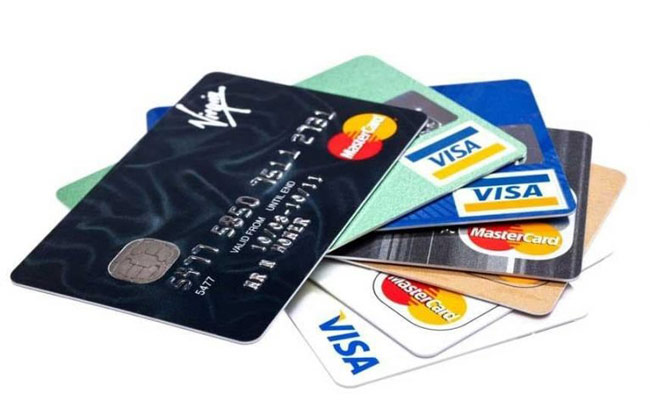Five Factors That Will Impact Your Credit Card Eligibility. Unlike obtaining debit cards, which are automatically issued to you upon opening a bank account, obtaining credit cards has always been slightly more complicated.
With most credit card issuers now accepting online credit card applications, the application process is simplified to a great extent. For example, you can apply for the Bajaj Finserv RBL Bank SuperCard online in just a few steps!
However, there are certain supporting documents that you must submit and several credit card eligibility criteria that you must fulfill for your application to be approved without a hitch. And while the common criteria such as age, income, address, etc., are not difficult to meet, one crucial criterion that affects your eligibility is your credit score. It is one of the most important factors that you must consider before applying for credit cards as it can significantly fast-track the application process.
Five Factors That Will Impact Your Credit Card Eligibility
What Is A Credit Score?
A credit score basically is a numerical depiction of your creditworthiness. It enables credit card issuers to assess your ability to repay the debt on time and in full. It is represented by a number between 300 to 900, with 900 being the highest possible score. However, any credit score above 750 is a good score.
There are several factors that can have an impact on your credit score and by effect, your credit card eligibility such as:
Repayment History
Credit score largely depends upon how quickly and effectively you pay off the debt. These include timely payment of your credit card bills and EMIs on any outstanding loans. Default in repayment of outstanding debts can negatively impact your credit score. It is also important to pay the credit card bills in full. Simply paying the minimum amount due each month can also harm your credit score in the long run.
Remember, when it comes to repayment history, you should live by the mantra – better the repayment history, better the score.
Existing Debts And Open Credit Card Applications:
While a couple of existing debts being paid off by way of EMIs is a great way to maintain a respectable credit score, too many existing debts can have the completely opposite effect. Similarly, applying for too many credit cards and loan facilities in a short span of time can also end up knocking off points from your credit score.
Why does this happen though? Well, when you apply for a credit card or loan, the issuers and/or lenders initiate a credit report request with the credit bureau. These requests are called heard inquiries and too many of these open requests can lead to a significant reduction in credit score.
To avoid this, instead of submitting your loan and credit card applications directly to lenders and/or issuers, it is advisable to thoroughly research these financial products on one of the many financial marketplace portals available online before applying for the option that suits you the best.
Maintain An Optimum Credit Utilization Ratio:
What does CUR entail? Simply put, your Credit Utilisation Ratio or CUR is the amount of credit you owe, vis-à-vis your existing credit limit. Experts recommend that to maintain a good credit score, try to maintain your CUR at 30%. Anything above that is a red flag for credit card issuers and is considered to be unhealthy spending behavior.
If you plan to apply for a credit card and use it on a regular basis, it is important to analyze your spending habits beforehand. CUR above 30% also leads to a lower credit score.
Periodic Reviewal Of Your Credit Report:
The information mentioned in your credit score is obtained from your credit card issuers and lenders. There can be certain instances of either clerical errors or fraudulent transactions that can cause your credit score to go askew. To minimize the risk of things like these happening, it is highly recommended that you periodically review your credit report and check for discrepancies, if any, at least once every year.
Check Your Credit Mix:
Maintaining a good credit mix is important for maintaining a good credit score. A balanced credit mix is one wherein you have both secured loans (with longer durations) and shorter, unsecured loans. Timely repayment of secured loans will catapult your credit score into a respectable range while too many unsecured loans can cause your credit score to dip.
Apart from the above mentioned factors, your credit age also plays a major role in determining your credit card eligibility. Therefore, it is advisable not to cancel any of your old credit cards as the longer your credit age, the higher your credit score is likely to be.
Conclusion:
Credit card eligibility criteria can seem overwhelming at first. But with time and patience, you can easily learn how to stay on top of your credit game and maintain a good credit score in the long run!
